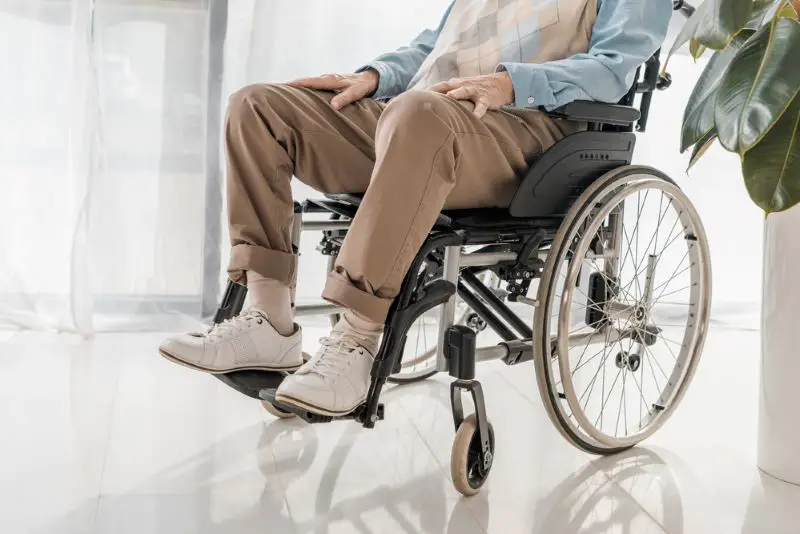Click here to get this post in PDF
Technology has become a cornerstone in enhancing the quality of life for senior veterans, offering innovative solutions to the unique challenges they face. The integration of technology into their daily lives can significantly improve access to healthcare, enhance social connections, and promote independence and well-being.
One of the primary ways technology assists senior veterans is through telehealth services. These platforms enable veterans to consult with healthcare providers remotely, reducing the need for travel and making medical care more accessible, especially for those living in rural areas or with mobility issues. Telehealth services can range from routine check-ups to mental health support, providing comprehensive care that is both timely and convenient.
Wearable Technology
Wearable technology also plays a crucial role, with devices like fitness trackers and health monitors helping veterans manage their physical well-being. These devices can track vital signs, physical activity, and sleep patterns, offering insights into the user’s health and alerting them to potential issues before they become serious. For veterans with chronic conditions, such technology is invaluable in managing their health proactively.
In addition to health management, assistive technologies significantly enhance the living quality of senior veterans. Items like smart home devices can automate tasks, control lighting and temperature, and improve home security, facilitating a safer and more comfortable living environment. Voice-activated tools can assist those with mobility or visual impairments, enabling them to make phone calls, send messages, and access information without physical interaction.
Social Integration
Social integration is another critical area where technology aids senior veterans. Digital platforms and social media help maintain and build social networks, providing a platform for veterans to stay connected with family, friends, and fellow service members. Virtual reality (VR) experiences can even offer cognitive and emotional benefits, such as virtual travel or revisiting old memories, which can be particularly meaningful for those with limited mobility.
Furthermore, technology offers educational and engagement opportunities for senior veterans. Online courses, virtual museums, and digital libraries make it possible to engage in lifelong learning and cultural experiences from the comfort of home. This not only stimulates the mind but also provides meaningful ways to spend time, reducing feelings of isolation or boredom.
However, the integration of technology must be handled sensitively and inclusively. Training and support are essential to ensure that senior veterans can effectively use these technologies. Programs designed to increase digital literacy among veterans are crucial, as they empower users to navigate new technologies confidently and safely.
Home Care
Veterans who are physically able to live at home but could use support are good candidates for in-home care services. While the application process can be a little in-depth, there are resources available. Veterans Care Coordination (VCC) is a company that aids in the application process and can help servicemembers and surviving spouses complete it. Home care services include meal preparation, bathing and grooming, shopping assistance, dressing and laundry, transportation, and light housekeeping.
Technology and home care services significantly enhance the lives of senior veterans by improving healthcare access, promoting physical and mental health, enabling social connectivity, and increasing autonomy.
You may also like:
How Employers Can Support Veterans’ Mental Health
Image source: Depositphotos.com

